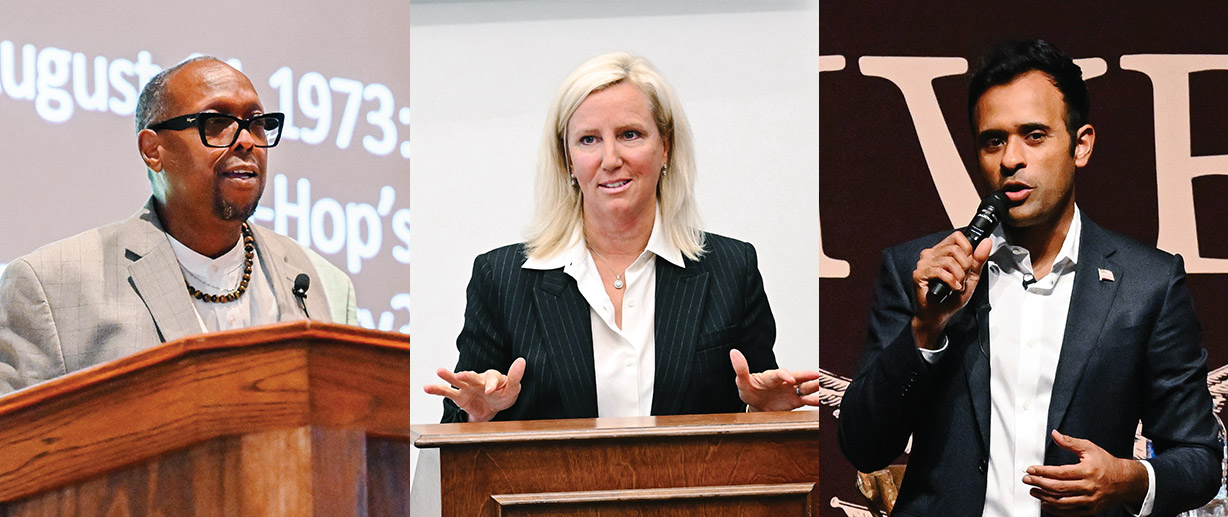By Maddie Brewer ’23
From artificial intelligence to zombies, there was a lot to talk about on Wofford's campus during the fall semester.
Add on hip-hop, national security, the history of gay bars and nonfiction writing, and you’ve got a good sampling of the topics covered so far this year.
Guest speakers from across disciplines and perspectives have long played a key role in Wofford’s mission of providing a superior liberal arts education that prepares students for extraordinary and positive contributions to a global society. Bringing thought leaders to campus allows students to further their understanding of familiar topics, investigate new topics and expand their worldview.
“Talks give us an opportunity, outside of tests or class requirements, to be in the moment and think about an idea,” says Dr. Dwain Pruitt ’95, chief equity officer and vice president for community initiatives. “I intentionally invite speakers who will challenge assumptions and inspire students to think for themselves. Having an authentic human experience discussed onstage is more impactful and powerful than anything you’ll read in a book.”
That’s something Abigail Zagar ’27, a first-year student from Central, S.C., appreciates about the opportunities to listen to and engage with the variety of people who speak on campus.
“The more diverse streams of information you’ve been shown, the more paths that you can take,” she says. “Whether you agree or disagree, or if you’re even just figuring out why you disagree, it’s so good to research and know what your true core values are instead of just repeating what you’ve previously been told.”
In September, Pruitt invited Santa Clara University history professor Nancy C. Unger to talk on the history of gay bars in America and their impact on LGBTQ+ rights. Pruitt also invited Dr. Mark Anthony Neal, James B. Duke Distinguished Professor of African and African American Studies and chair of the department at Duke University, to present on the history of hip-hop, marking hip-hop’s 50th anniversary.
In November, Diana Gehlhaus, senior adviser for the Chief Digital and Artificial Intelligence Office, presented on the impact of artificial intelligence on college and work. The month before, Dr. Lucy Swanson of the University of Arizona lectured on the evolution of zombie narratives in the French-speaking Caribbean.
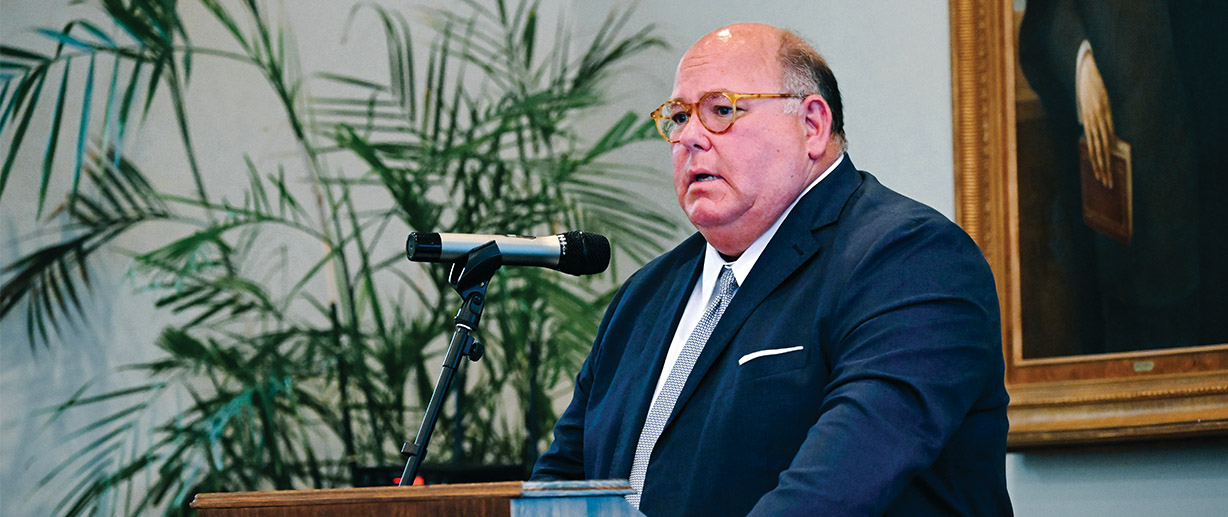
Through the Hipp Series on International Affairs and National Security, Van Hipp ’82 brought Ed McMullen, former U.S. Ambassador to Switzerland, and Republican presidential candidate Vivek Ramaswamy to the campus.
“After attending Vivek Ramaswamy’s lecture, I can now see Wofford’s commitment to having a campus open to different thoughts and perspectives,” says Matt Myers ’27, a first-year student from Rock Hill, S.C. “While I may or may not agree with everything that was said at the lecture, I am glad that Wofford gives students the opportunity to hear from thought leaders and political figures, especially someone running for president, which for me reinforces the importance of civil participation and being an active and engaged citizen.”
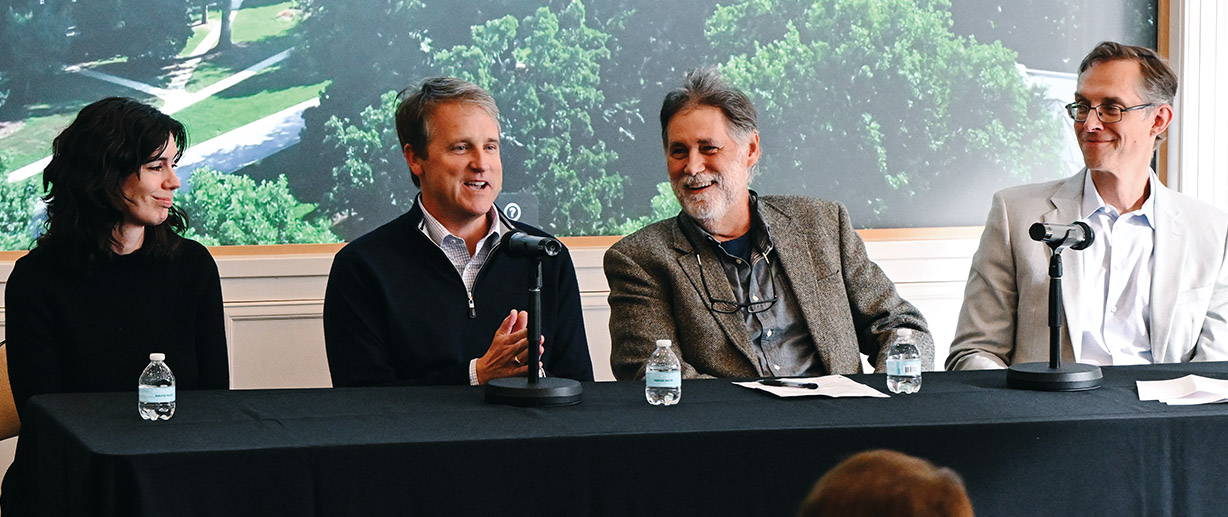
Pulitzer-nominated author James M. Scott ’97 returned to campus on Oct. 24 to talk about the role of narrative in writing history. He was joined by resident experts John Lane ’77, professor emeritus and author; Dr. Jessica Tompkins, assistant professor of history; and Dr. Clayton Whisnant, professor of history, all of whom are also researchers and writers with a keen interest in the topic.
In addition, U.S. Sen. Cory Booker was on campus for the Spratt Issues Conference sponsored by U.S. Rep. Jim Clyburn and the Democratic Party of South Carolina. The campus also regularly hosts artist talks for exhibit openings, lectures sponsored by academic departments and career-focused speakers through the Career Center.
“It’s important that colleges and universities such as Wofford remain committed to the free exchange of ideas,” says President Nayef Samhat. “This exchange of knowledge and perspective — with civility and respect for the views of all — is the foundation of a transformational liberal arts education. Sometimes the issues debated are those we care deeply about, which means the exchange of ideas can generate great passion, discomfort and even anger, but that’s all the more reason for Wofford to remain committed to academic freedom and the values articulated in the Chicago Principles as well as our own mission and core values.”
Historic speakers worth remembering
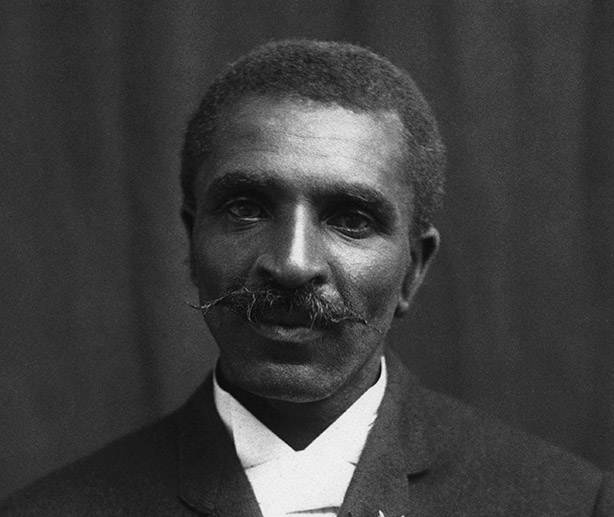
George Washington Carver 1923
One of the most prominent Black scientists, educators and inventors of the early 20th century, George Washington Carver spoke at Wofford in December 1923. In a letter exchange with then Wofford President Henry Nelson Snyder, Carver thanked the college for its “warm welcome,” and Snyder told Carver the audience “felt greatly instructed by the experience of the hour which you gave them.”
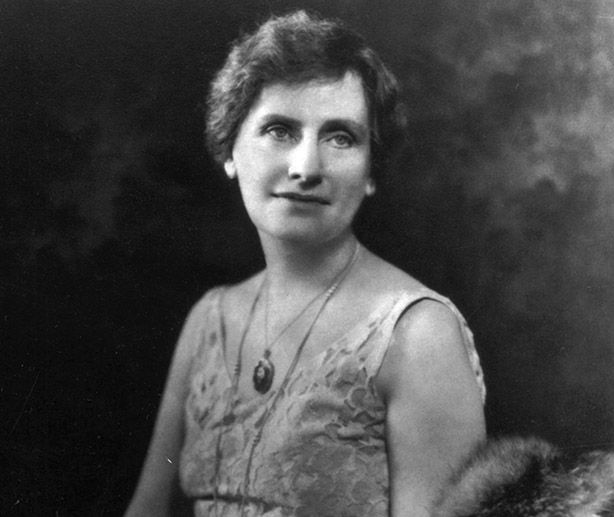
Nellie Tayloe Ross 1935
Former Wyoming Gov. Nellie Tayloe Ross was the first woman to serve as governor of a U.S. state and lectured at Wofford on Nov. 19, 1935. She gave a talk promoting peace, telling the audience, “to a much better purpose can you intelligent young men devote your valuable lives by engaging in struggles to solve and correct the causes of war.”
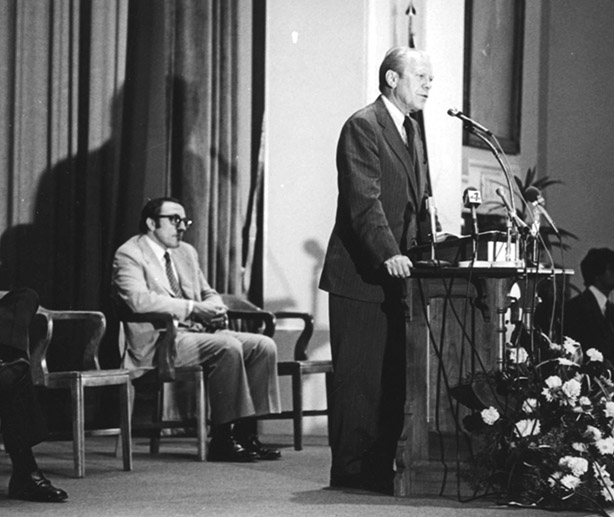
Gerald Ford 1980
On April 15, 1980, former President Gerald Ford gave lectures in Shipp Hall Lounge and Leonard Auditorium, being the first and only U.S. president to give a speech in the latter. He spoke about the dangers of government by nostalgia and government by ideological reflex as part of the Mayfair Lecture Series, established by former U.S. Secretary of Commerce Fred Dent.
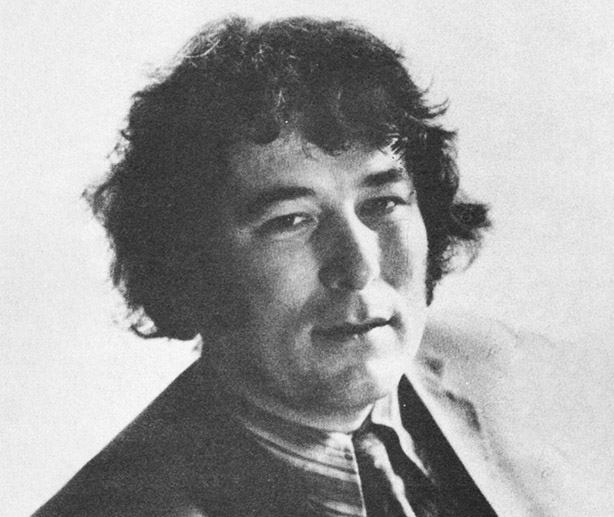
Seamus Heaney 1984
Nobel Prize-winning Irish poet Seamus Heaney presented in the Campus Life Building on Feb. 23, 1984, as part of the Wofford Writers Series, founded by the late Dr. Dennis Dooley, professor of English emeritus. The talk took place the same year as the publication of Heaney’s sixth poetry collection, “Station Island.”
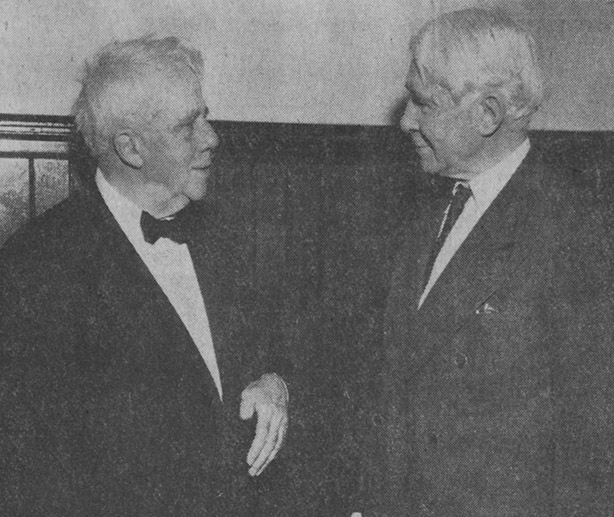
Frost-Sandburg 1950
Poet Robert Frost presented a speech titled “Politics and Poetry” on March 14, 1950. Perhaps the most memorable part of the evening was the moment Frost was heckled by an audience member, who was none other than Carl Sandburg. A photo of an exchange between the men made the front page of the Spartanburg Herald-Journal.
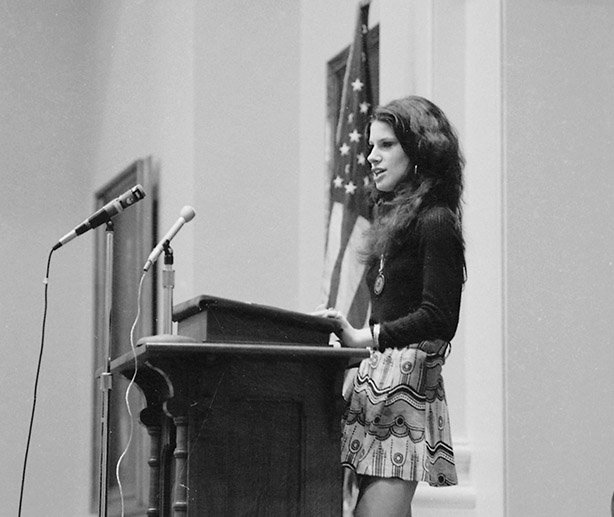
Karla LaVey 1973
Karla LaVey, daughter of Anton LaVey, high priest of the Church of Satan, gave a lecture in March 1973 to an 800-person audience full of intrigued listeners and impassioned protestors. A 20-year-old LaVey discussed her opposition to the Christian church and her belief in indulgence over abstinence in one of Wofford’s most controversial events.
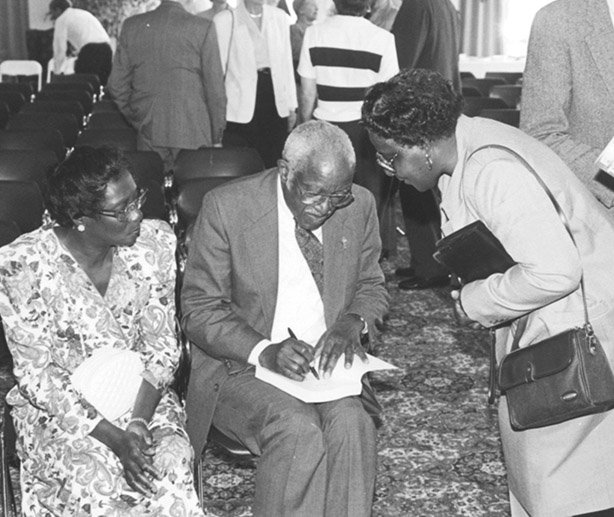
John Hope Franklin 1997
Historian and former president of Phi Beta Kappa John Hope Franklin gave a talk in the Verandah Room of the Richardson Physical Activities Building on April 22, 1997. The lecture, titled “A Life of Its Own: A Biography From Slavery to Freedom,” referenced his book, “From Slavery to Freedom: A History of African-Americans.”
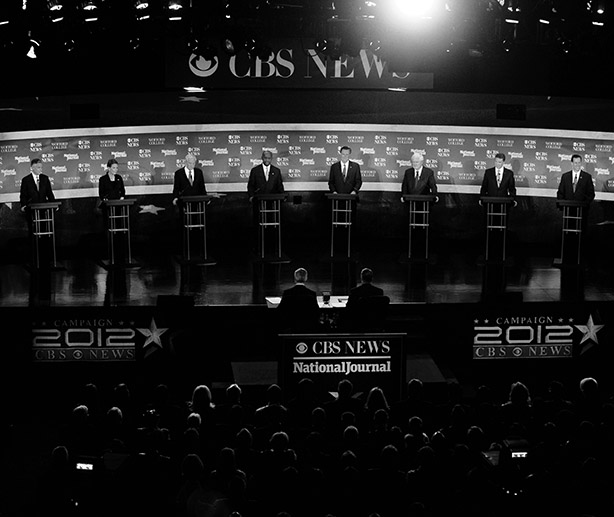
Republican Presidential Debate 2011
Wofford hosted a Republican Presidential Debate on Nov. 12, 2011. Participants included former U.S. Rep. Michele Bachmann, businessman and Tea Party advocate Herman Cain, former Speaker of the House Newt Gingrich, former governor of Utah Jon Huntsman, former U.S. Rep. Ron Paul, former governor of Texas Rick Perry, former U.S. Sen. Rick Santorum and the eventual Republican Party nominee, U.S. Sen. Mitt Romney.
